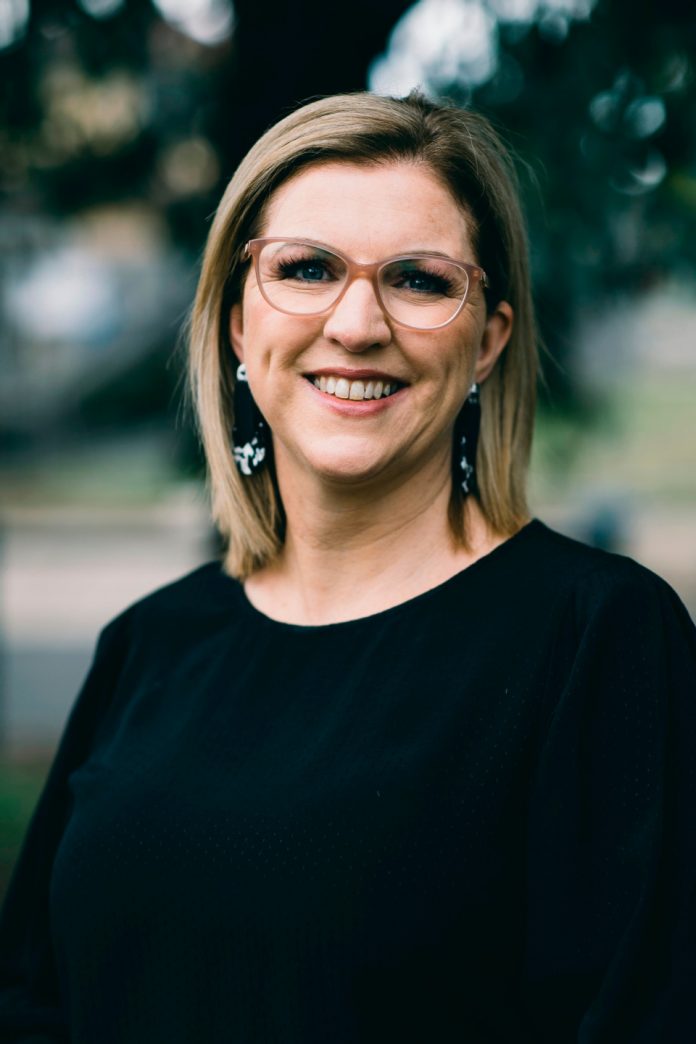
ZAIDA GLIBANOVIC
By ZAIDA GLIBANOVIC
OPEN and welcoming discussion was held at the 12th annual Gippsland Sexual and Reproductive Health Forum earlier this month.
On Wednesday, May 3, more than 60 people attended the event held at the Traralgon Gippsland Performing Arts Centre. The event provided the attendees who came from all over Gippsland with a delicious lunch, knowledgeable guest speaker presentations, networking opportunities, giveaways and resources regarding all things sexual and reproductive health.
Guest speakers included Vanessa Hamilton, the founder of ‘Talking the Talk Sexuality Education’, Greg Gebhart, federal e-safety commissioner, and Catherine Bateman the sexual health nurse at Latrobe Community Health in Morwell.
The speakers discussed all things sexual and reproductive health, including:
Evidenced-based positive approach to education and its benefits;
Teaching consent to children at any age and respectful relationships;
Sexualised society and impact on rigid gender stereotypes;
Pornography’s impact on young people and identifying online harms;
Child sexual abuse prevention and management;
Technology-facilitated abuse and family violence;
Reporting to e-safety;
Supporting children, young people and adults when an online incident occurs;
Current sexual health landscape in inner Gippsland, and;
The work of the inner Gippsland sexual health hub at LCHS Morwell and contraception.
Marleigh Andrews, the event organiser and sexual and reproductive health expert at Gippsland Women’s Health, spoke about the forum and its important purpose to educate and raise awareness.
“Sexual reproductive health is one of our main portfolio areas, and so we introduced the forum as a way for professionals to increase their awareness around sexual and reproductive health topics, and it’s a way to up skill and network,” she said.
Targeting professionals from all different industries across Gippsland, Ms Andrews hopes that they will be able to bring their knowledge back to their boardrooms, schoolyards and offices.
“We target it to professionals mainly because they can spread the word of these messages and what they learn in their workplaces or communities; we get nurses here or teachers, for example, where they can implement these sorts of things in their classrooms. We have local council members here, a lot of health promotion, community development staff, allowing for that opportunity to spread it into their industries.”
With lots of discussion on remaining safe online, Ms Andrews said there is a heightened focus on online safety as it becomes an increasing issue.
“The landscape has completely changed; you hear about pubs and clubs closing in this region because people don’t come anymore to meet people.”
“What comes with those new technologies is some information and understanding around how to use them effectively and safely.”
Ms Andrews spoke proudly of the health forum as an event made for education and better sex and reproductive health awareness.
“To be able to up skill the community means that community members can have better relation- ships and better understanding regarding sexual reproductive health.”
With an overall goal to improve health literacy and understanding, Ms Andrews said these sorts of forums help people find out where to go to access the right and accurate information.
As regional communities often have higher rates of sexually transmitted infections (STIs),
less screening and less access to health services, Ms Andrews said forums like these become a great way to raise awareness.
Gippsland Women’s Health run a program called ‘Are you Covered?’ Founded in 2015, the project aimed to empower people to have the knowledge and tools to successfully navigate their sexual health and reproductive needs. First focusing on condoms and consent, the program has since evolved into all sexual and reproductive health strategy.
Latrobe Community Health Services Gippsland data April snapshot found that:
Chlamydia is the most common STI, with 77 per cent of cases remaining undiagnosed;
Gonorrhoea is on the rise, with 61.8 per cent of cases aged between 15-29;
Syphilis notifications are increasing;
STI rates are twice as high in Aboriginal and Torres Strait Islander populations;
Hepatitis B care and treatment uptake is well below the state average;
Hepatitis C rates are higher than the state average, yet treatment is good across the region;
In reproductive health, 30 per cent more live births were found in mothers aged 13-19
compared to the state average, and;
A total of 17.9 per cent of women in Gippsland smoke during pregnancy. Gippsland Women’s Health and its partners and community aim to increase awareness and promotion of current issues and services in the sexual and reproductive health area.
Catherine Bateman, a sexual health nurse at Latrobe Community Health Service, spoke of the work that LCHS do at their sexual health hub.
“We are funded by the state government, which means we are mandated to focus on and provide early medical abortion, long-acting reversible contraception and other sexual and reproductive health services like STI checks, other contraception
and information and advice,” she said.
The Morwell LCHS sexual health hub came from the $10.5 million the state government invested into sexual and reproductive health to expand the network and deliver better services.
Pushing back against common assumptions about those who access the services the LCH’S Sexual Health Clinic provides, Ms Bateman said the stereotypes aren’t always quite right.
“The vast majority of my patients come to me fully knowing what they want to do in confidence with the decisions they’ve made. All I do is facilitate making sure they’re able to access that service in a non-judgemental way,” she said.
If you would like to know more about the work Gippsland Women’s Health do or are seeking resources on sexual and reproductive health, head to gwhealth.asn.au











